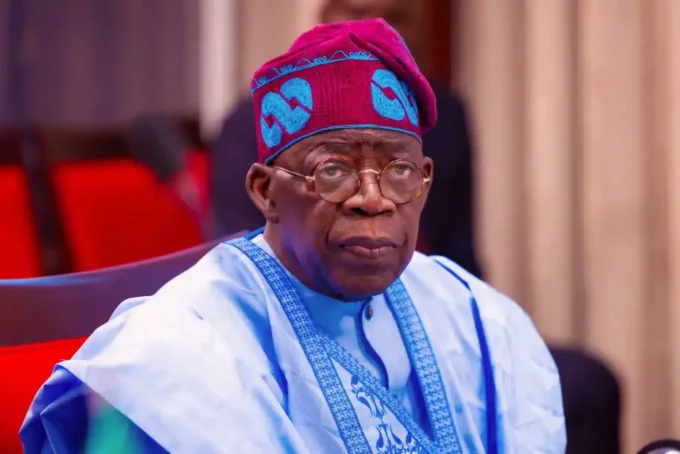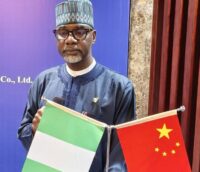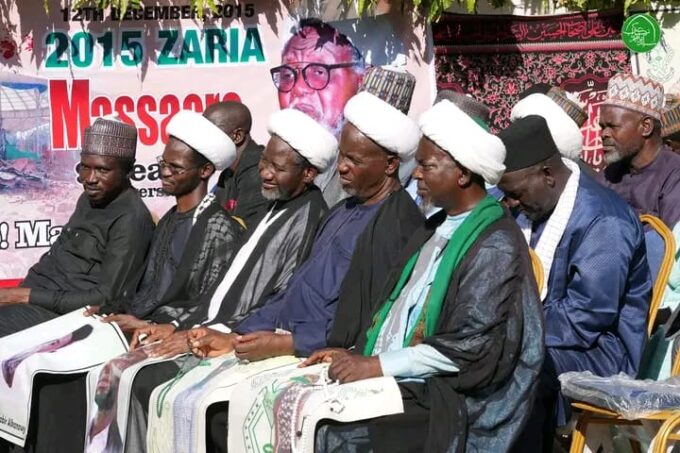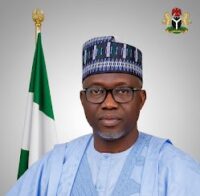In a recent incisive write-up, Ahmad Shu’aibu Isa highlighted how Iran has steadily expanded its regional influence despite facing immense international pressure. His argument that African nations particularly Nigeria must draw lessons from Iran’s strategic resilience is both timely and compelling.
As Nigeria continues to grapple with internal instability, economic uncertainty, and external dependency, the case of Iran offers a sobering yet instructive example, a nation can resist global pressure and assert its place in the world when it harnesses its resources strategically and builds robust institutions.
Strategic Resource Management: The Missing Link in Nigeria’s Power Projection
Iran’s ability to withstand decades of sanctions and diplomatic isolation is, in no small part, a result of its deliberate utilization of its oil and gas resources to fund national defense, infrastructure, and foreign policy objectives. Tehran has turned natural wealth into strategic leverage.
Nigeria is blessed with vast natural resources not just oil and gas, but solid minerals such as lithium, gold, iron ore, and columbite. Yet, the country continues to export these raw or underpriced materials with little value addition, while relying heavily on foreign aid and imports.
To replicate Iran’s model of sovereignty and self-reliance, Nigeria must urgently overhaul its extractive industries. This means:
i. Building domestic refining and processing capacity.
ii Enforcing transparency in resource governance.
iii. Channeling revenues into long-term strategic sectors like defense, energy security, education, and diplomacy.
Natural resources are not just economic tools, they are geopolitical instruments. Until Nigeria treats them as such, it will continue to punch below its weight in global affairs.
Strengthening Institutions for Internal and External Resilience
The original writer correctly underscores the need for institutional reform. Iran’s resilience is not solely the result of external alliances or ideological posturing, it is also rooted in internal coherence, however controversial its structure may be. Despite internal challenges, Iran has maintained a functioning state apparatus that supports strategic continuity across political cycles.
Nigeria’s institutions, by contrast, remain vulnerable to political interference, corruption, and underfunding. Without strong and independent institutions particularly in defense, foreign affairs, and economic planning no amount of mineral wealth will translate into strategic power.
Towards a Sovereignty-Centered Foreign Policy
Iran’s pivot to multipolar partnerships with Russia, China, and others illustrates a shift toward sovereignty-driven foreign policy. It has refused to be cornered by the global West and has diversified its alliances to secure economic, military, and diplomatic backing.
Nigeria must emulate this by moving beyond donor dependency and asserting a foreign policy that prioritizes African interests, economic independence, and national dignity. This does not mean abandoning traditional partners, but engaging them from a position of mutual respect and strategic clarity.
Conclusion: Resource Sovereignty as a Foundation for African Power
The broader lesson from the Iran-Israel crisis, as Ahmed isa Shu’aibu so clearly articulates, is the waning strength of international legal norms and the rising dominance of raw, strategic power. In such a world, nations that control their resources and institutions thrive. Those that do not, falter.
Nigeria’s mineral resources if properly managed can become the foundation of a new era of internal stability and external influence. But this will only happen if we stop treating these resources as mere revenue sources and start using them as levers of strategic empowerment.
As a public policy analyst deeply committed to Africa’s rise, I echo and reinforce this urgent call: Nigeria must learn, adapt, and act, before it is left behind in a world that respects only those who assert themselves with purpose, preparation, and pride.
Tijjani Sarki, Good Governance Advocate and Public Policy Analyst, writes from Zawaciki, Kano















Leave a comment